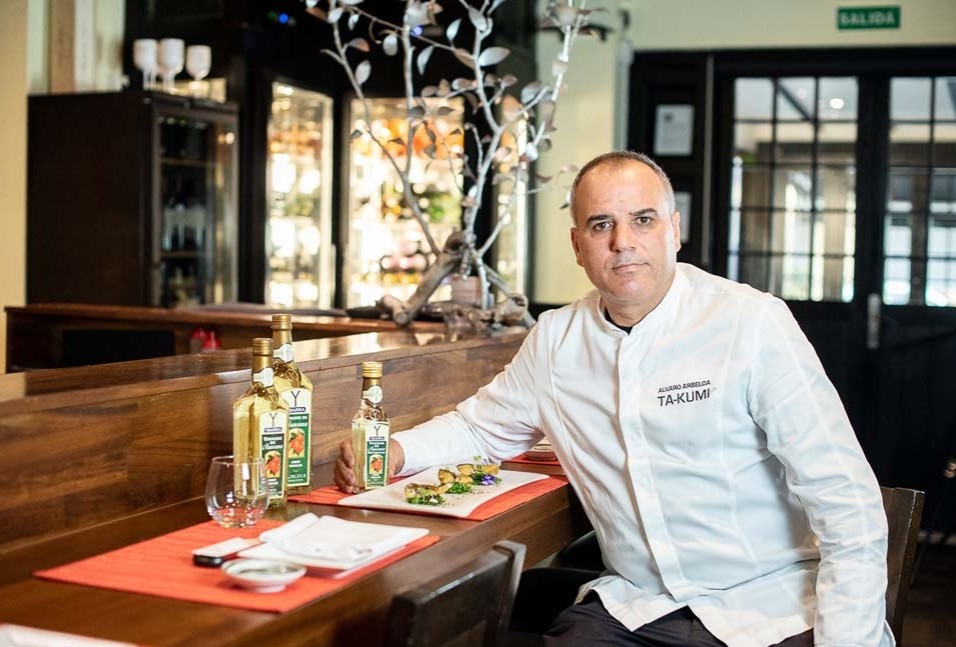Alvaro Arbeloa, a pioneer of Japanese cuisine in Andalusia, urges restaurateurs to shake off clichés: “This job satisfies us and allows us to live well. Even doctors can't take a break in the middle of an emergency.”
The news
When you speak of Japanese cuisine in Spain you speak of Arbeloa. Housed under the Ta-Kumi brand, Arbeloa is co-owned by Alvaro Arbeloa, his wife Anabel Amuedo, and partners Toshio Tsusui and Emi Noda. The high-end Japanese restaurant has made its way from Marbella and Malaga to Madrid, where they’ve opened their latest location. It's hard to believe that this journey all started with paella when the then 24-year-old Alvaro opened the first Spanish restaurant in Shanghai – a true gamble at a time when China was still shrouded in mystery.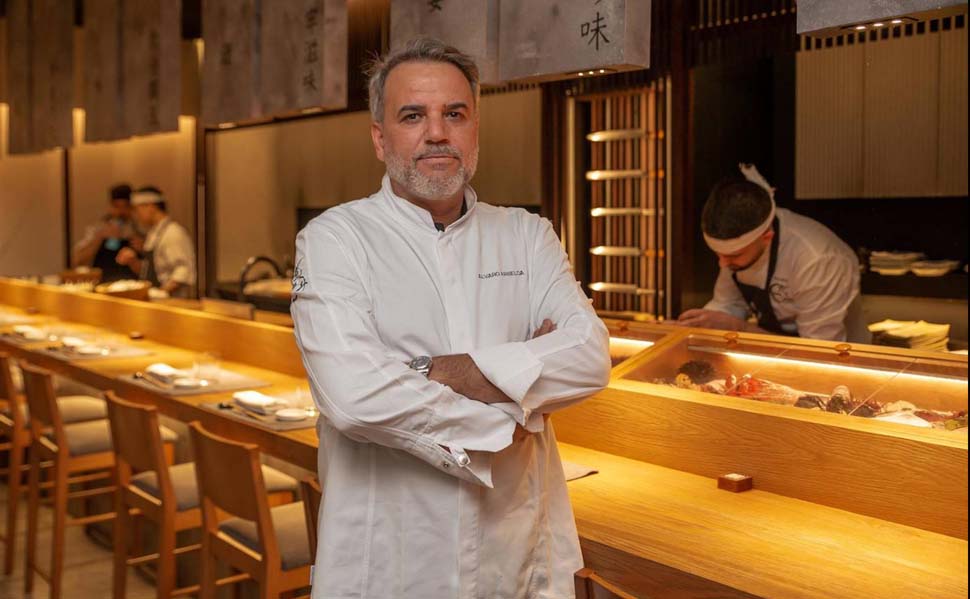 @DANI MALDONADO
@DANI MALDONADO
Thanks to the restaurateurs who hired him – and who were also busy launching other projects in other places – it was in China that he first encountered Japanese cuisine. " I liked it, but life continued its twists and turns. After China, I was in Uruguay, then in Mexico and Mallorca: always working in hotels. The last one was a very large resort with six or seven restaurants that I coordinated. Toshio and Emi managed them, and they worked perfectly, I didn't have to worry about anything." From that last resort, Arbeloa, his wife, Toshio and Emi decided to work together and open up the first Ta-Kumi in Marbella in 2010. Alvaro and Anabel were equally motivated to make Marbella a home for their young children. "The financial effort was enormous, but it went well," he sighs. So, well that after twenty months, they had to move to a bigger place. Then came Malaga and recently Madrid, which he says is like playing in the UEFA Champions League.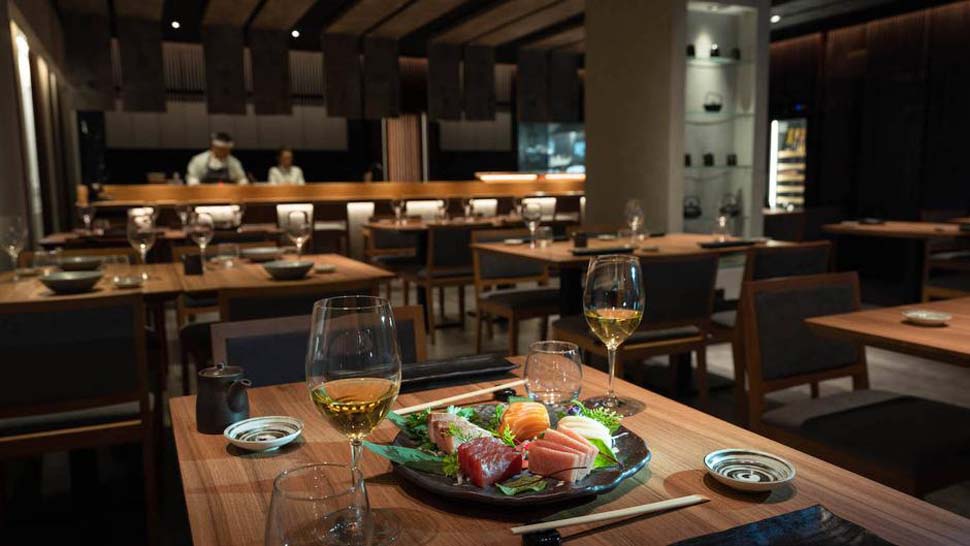 @abc
@abc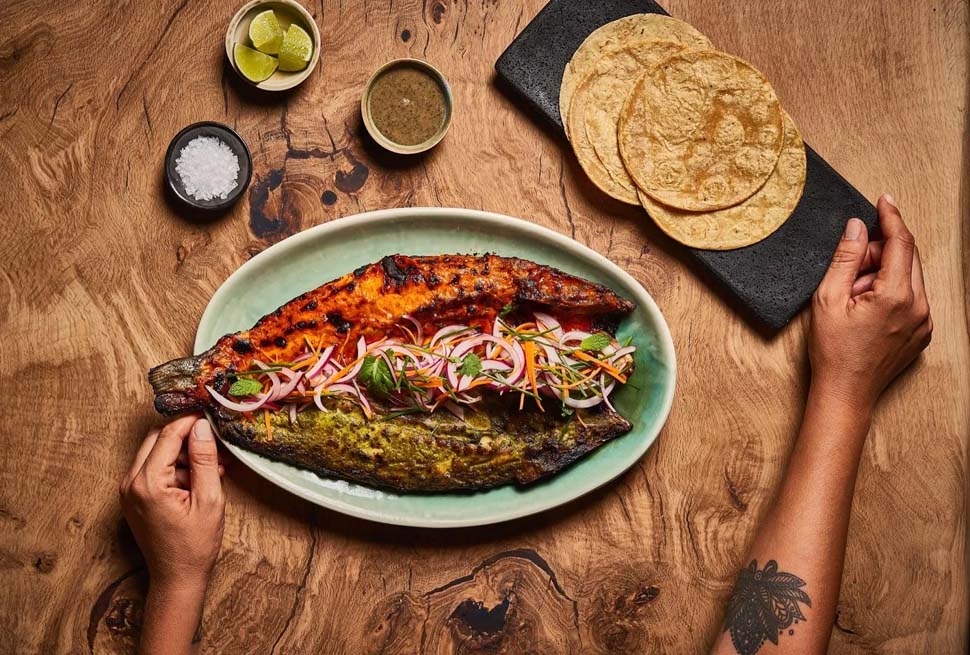
"Ta-Kumi has grown little by little, but lately, we have noticed that more and more people are looking for quality sushi and high-level service, and also that there is a greater number of foreigners who know and appreciate good Japanese cuisine." The service, led by Anabel, plays a leading role. "I don't agree with the current idea that the industry is punishing due to the hours. There are many complicated jobs. For example, in healthcare, does anyone think that a doctor can take a break in the middle of an emergency because their shift is over? We need to control abuses and irregularities, as in construction or agriculture, but we also need to shake off this negative image. We had to explain to our children why we don't go on vacation in the summer when their friends do. This is our existence, a different lifestyle, but it satisfies us and guarantees us a good standard of living."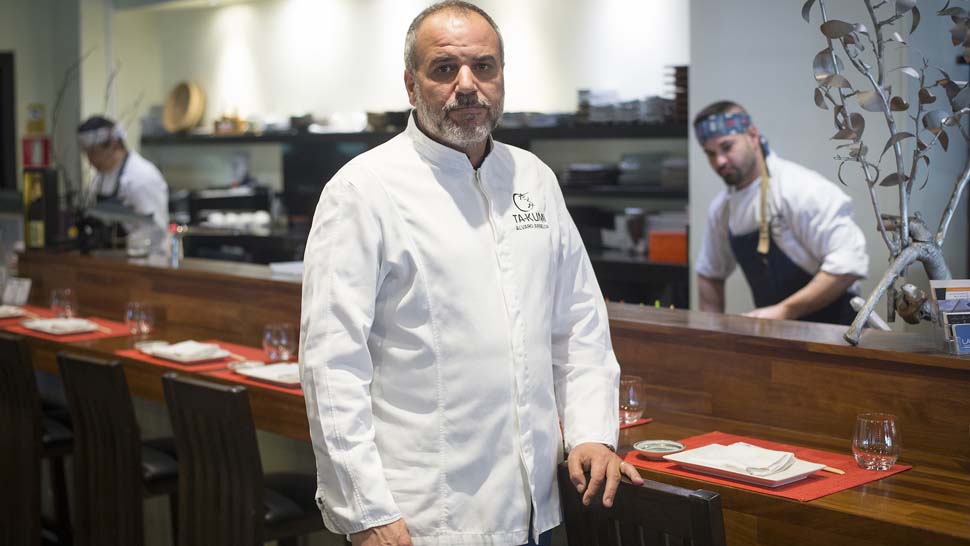 @FRANCIS SILVA
@FRANCIS SILVA
"The secret of Japanese cuisine, I believe, lies in the pursuit of purity and simplicity, behind which there is always great complexity. With a piece of nigiri, you can take an x-ray of a restaurant, because you can evaluate many things. The quality of the rice, how the grain is washed, the level of vinegar, the handling, the quality of the fish, and how its cut. There are so many techniques in one small piece. Is there anything simpler? Probably not, but it can be a wonderful bite or a terrible one. There is nothing more unpleasant than swallowing a cold, sour, sticky ball of rice. You can use the best fish in the world, but there's nothing you can do about it. It means giving importance to every gesture."
Source: Siete Canibales
Find the original article here
